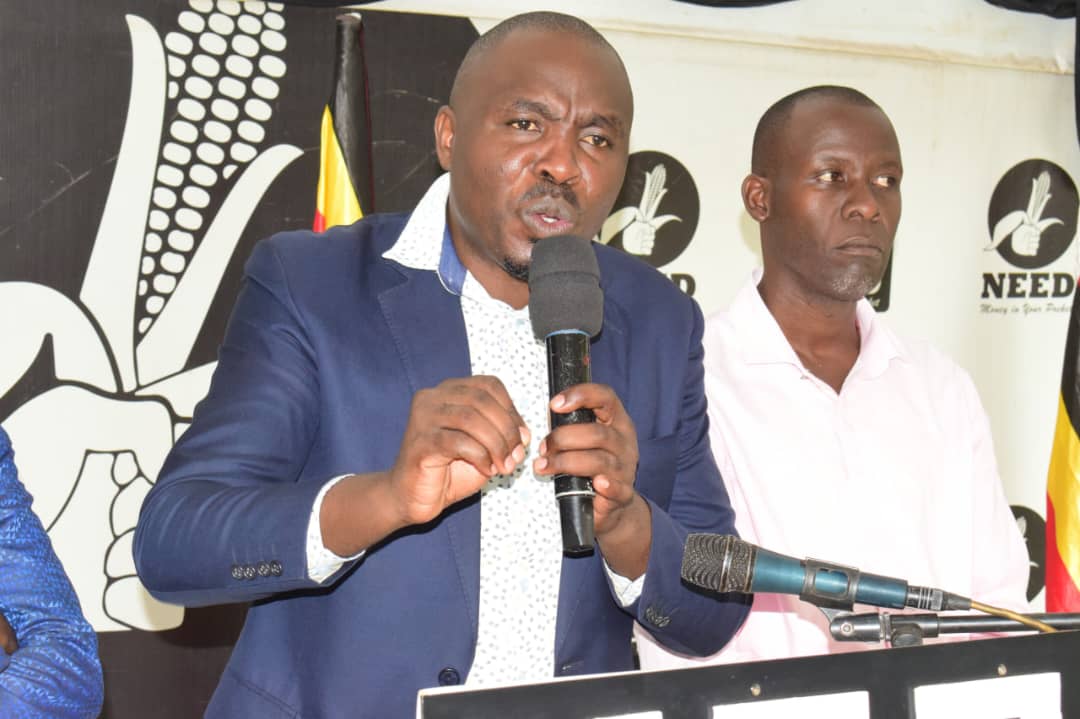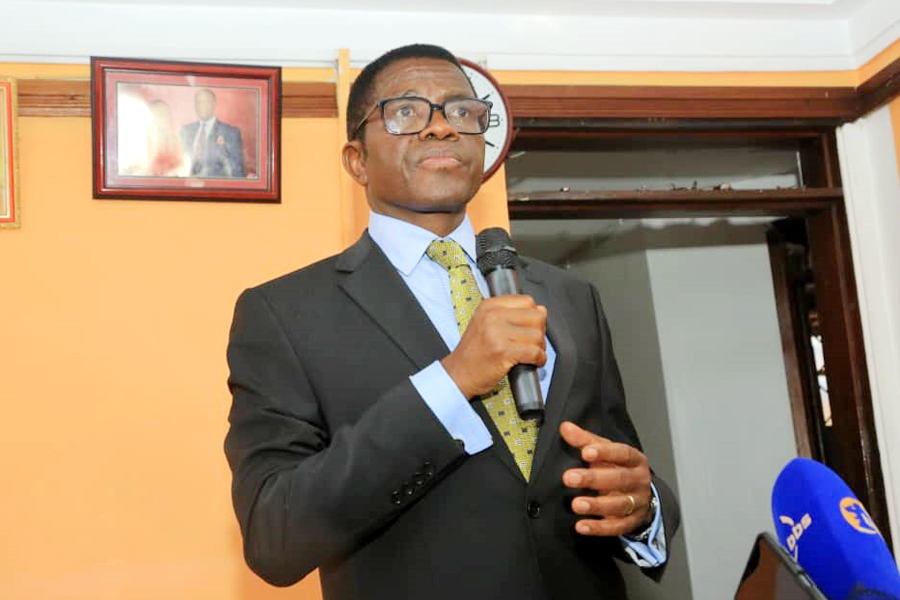Gov't loses billions of shillings for failure to implement Parliament’s resolutions
Government has been criticised for the slow pace of the implementation of Parliament's resolutions which has caused the country to lose billions of shillings along the way.
The shillings 1.4 trillion Lubowa specialised hospital project is one of the many projects that has provoked debate in the 11th Parliament.
Keep Reading
As of April 2021/2022, a total sum of shillings 667 billion has been injected but when legislators visited the supposed facility, not even the developer was on site.
The hospital was an eye open to many that saw the debate shift to value for money as the hospital would cost approximately 16 times more than the other locally build hospitals
Funds were disbursed and Parliament investigated its outcome but the country is still left with no answers on a way forward.
According to the 2022 Auditor General’s report, only 62 of the 145 Parliament recommendations were put into action while the rest were either partially implemented or untouched.
The Public Accounts Committee of Parliament (PAC) is among those that submitted their recommendations that were adopted by Parliament awaiting the next plan of action.
State minister for finance in Charge of General Duties, Henry Musasizi argued that despite a few challenges, the treasury memoranda has been implemented either directly or indirectly on all recommendations of the auditor general's report.
“2020/2021 we address procurement challenges with an amendment of the PPDA law to eliminate some layers in the administrative review process,” he said, adding that so far, the the Ministry of Finance has instituted some reviews.
Some of these reviews include, electronic government procurement to address transparency in bidding, the Public Finance Management Act reform of 2015 to address the accountability in the finance cycle, the national development plan that guides planning and implementation and the shift from sector based to program-based planning.
He said the remaining loopholes will soon be addressed as the government is harmonising on the same.
“We are reviewing all our projects looking at the extent of disbursement implementation and economic impact then we will recommend which projects to continue with or terminate,” he said.
Chairperson PAC, Ojara Martin Mapenduzi said a lot of their recommendations revolved around irregularities of financial management, work ethics and service delivery.
Mapenduzi explained they recommended recoveries of monies and holding individuals personally liable for causing financial loss as required by law among others.
“We said contractors who fail to implement it should be blacklisted. We recommended that PPDU should highlight them and hold them accountable,” he noted.
The 2022/2023 Auditor General’s report highlighted that out of the 145 recommendations from Parliament, 62 (43%) were duly implemented, 56 (37%) partially, while 27 (19%) were untouched.
Nearly all of these are linked to some of the ministries with the biggest share of the budget including Defense, State House, Internal Affairs and the Judiciary.
Analysts said this shows that the Auditor General’s report is not being taken seriously which is a very big issue that needs to be keenly looked at.
Fred Muhumuza, an economist, said there is need to carry out thorough investigation into this matter, adding that the cause of the delay was partially explained.
“It’s all the same, the Auditor General comes with the same thing but we don’t take lessons,” he said.
The executive director at the Civil Society Budget Advocacy Group (CSBAG) Julius Mukunda explained that when government says partially implemented it means nothing has been done.
“Lack of enforcement. If you read the Public Finance Management Act the rules are very clear. There is nobody paying the price,” he stated.
Amidst the heated discussion on the matter, the country continues to lose billions of shillings because these resolutions are shelved.
For instance, between 2017-2021, Uganda paid over Shs 365 billion in commitment fees with a whooping Shs 50.6 trillion in undisbursed loans.
Bad public investment management in projects like the 2016 Muzizi Hydro Power project whose cost was estimated at 90.3 million euros in a project that never took off but the country paid Shs 3.9 billion in commitment fees and another 4.6 billion cancellation fees.
For Kampala-Jinja Expressway shs 229 million project was used that is three years behind schedule but the government has already paid Shs 3.5 billion commitments fees.



















